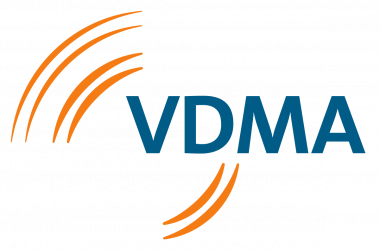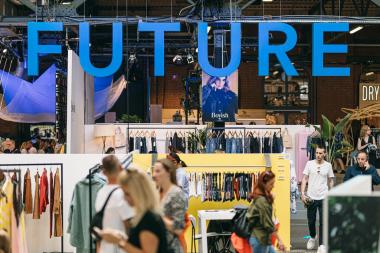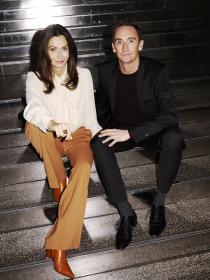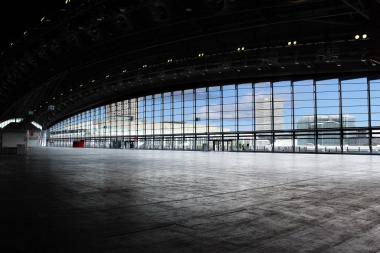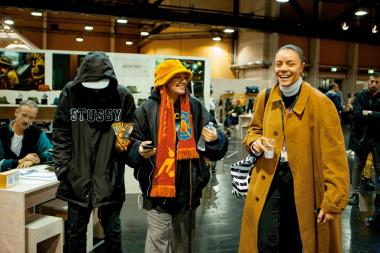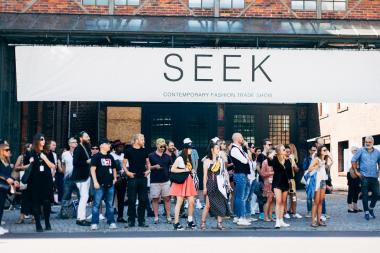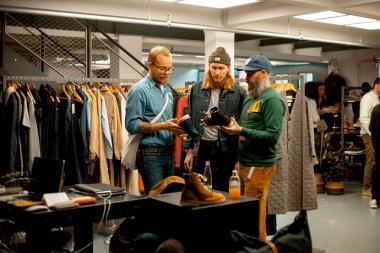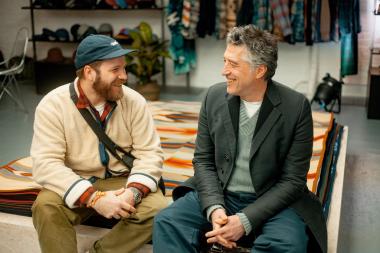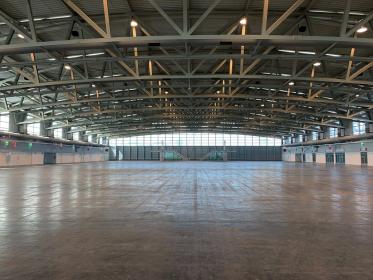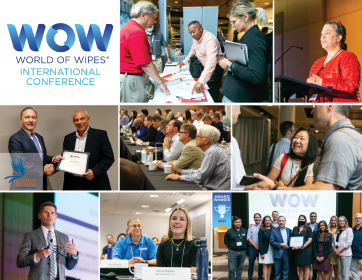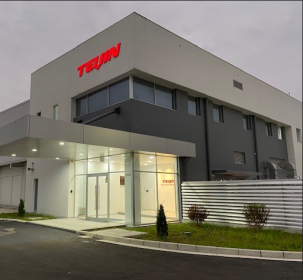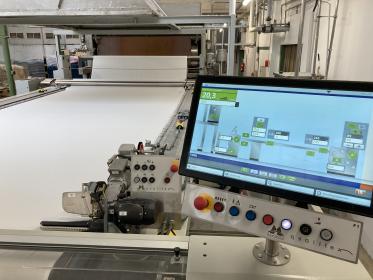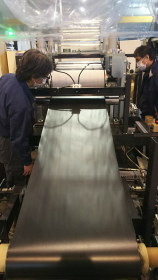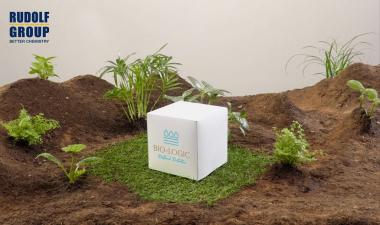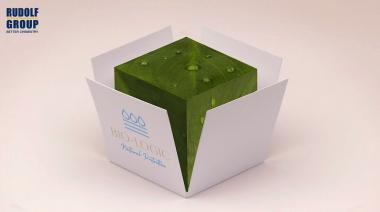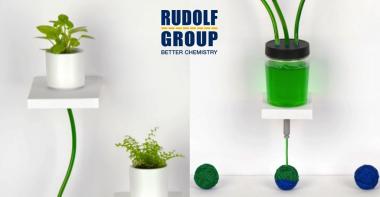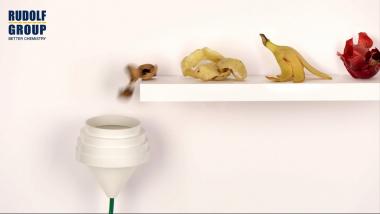VDMA Textile Machinery publishes position paper
In a position paper published on 22 October 2021, the companies organised in the VDMA Textile Machinery Association welcome the ambitions of the EU to promote climate protection, in particular the approach of combining the goals for the EU textile and clothing industry into a sector-specific strategy.
Up to now, the increasing textile consumption around the world, due to growing population and purchasing power has been accompanied by a rising use of resources. “The textile machinery companies organised in the VDMA are geared towards a functioning circular economy. With our highly efficient technologies we are an indispensable partner in this transition process”, explained Regina Brückner, Chairwoman of the VDMA Textile Machinery Association and Managing Associate of Brückner Trockentechnik.
In the new position paper, the executive board of the VDMA Textile Machinery Association emphasises that the new framework must be practicable. Ms Brückner said: “The EU must strike the right balance between necessary, yet also minimal, legislative regulation. A successful transition requires a level playing field which sets out fair rules for sustainability, thereby enabling European companies to nonetheless increase their international competitiveness.”
You can find the complete position paper in the attachment.
VDMA e. V


